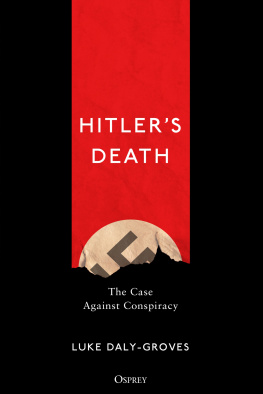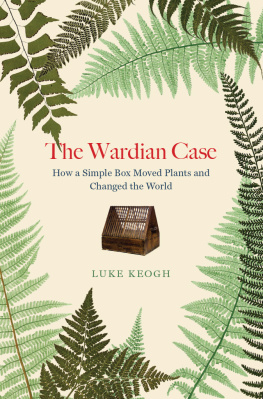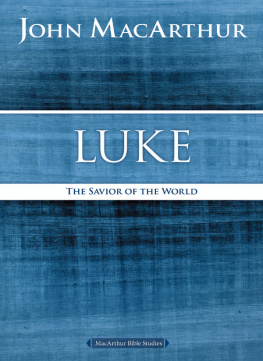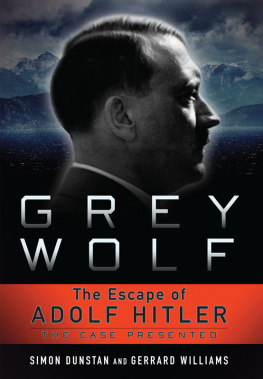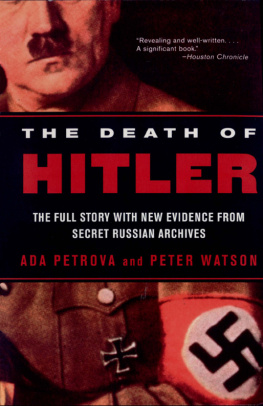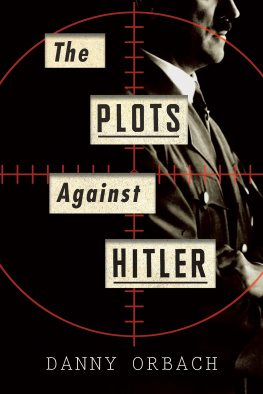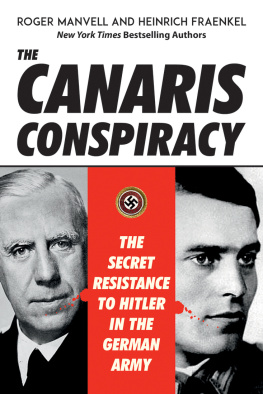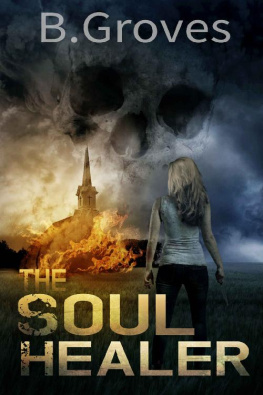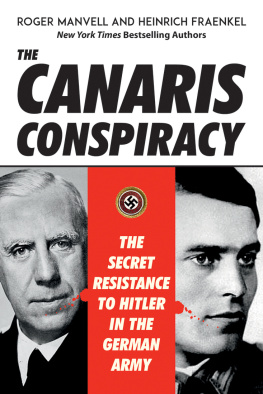Luke Daly-Groves - Hitler’s Death: The Case Against Conspiracy
Here you can read online Luke Daly-Groves - Hitler’s Death: The Case Against Conspiracy full text of the book (entire story) in english for free. Download pdf and epub, get meaning, cover and reviews about this ebook. year: 2019, publisher: Osprey Publishing, genre: Art. Description of the work, (preface) as well as reviews are available. Best literature library LitArk.com created for fans of good reading and offers a wide selection of genres:
Romance novel
Science fiction
Adventure
Detective
Science
History
Home and family
Prose
Art
Politics
Computer
Non-fiction
Religion
Business
Children
Humor
Choose a favorite category and find really read worthwhile books. Enjoy immersion in the world of imagination, feel the emotions of the characters or learn something new for yourself, make an fascinating discovery.
- Book:Hitler’s Death: The Case Against Conspiracy
- Author:
- Publisher:Osprey Publishing
- Genre:
- Year:2019
- Rating:3 / 5
- Favourites:Add to favourites
- Your mark:
- 60
- 1
- 2
- 3
- 4
- 5
Hitler’s Death: The Case Against Conspiracy: summary, description and annotation
We offer to read an annotation, description, summary or preface (depends on what the author of the book "Hitler’s Death: The Case Against Conspiracy" wrote himself). If you haven't found the necessary information about the book — write in the comments, we will try to find it.
Hitler’s Death: The Case Against Conspiracy — read online for free the complete book (whole text) full work
Below is the text of the book, divided by pages. System saving the place of the last page read, allows you to conveniently read the book "Hitler’s Death: The Case Against Conspiracy" online for free, without having to search again every time where you left off. Put a bookmark, and you can go to the page where you finished reading at any time.
Font size:
Interval:
Bookmark:


For Jessica

Contents
Arnold Schwarzenegger likes to say that he is not a self-made man, as many others have helped him along the way. In a similar vein, no book of this sort can be attributed entirely to the efforts of the author. It has benefited much from the works of several authors mentioned throughout and I am grateful to them all. I must give thanks to Dr Jonathan Colman for supervising my BA (Hons) thesis on which this book is based. My research would be poorer without the benefit of Jonathans numerous inspiring conversations, patience and immensely valuable assistance during my undergraduate studies and after. Likewise, I cannot thank Dr Billy Frank enough for his encouragement throughout my studies and his belief in my ability to undertake a double dissertation on this topic back in 2015. Billys support for my research and his friendship has been invaluable since our first conversation. Billy and Dr Robert Poole also have my gratitude for organising a public lecture to promote this book at the University of Central Lancashire in April 2018. Many of my former classmates and students attended this event and whilst I cannot thank them all individually, I trust they know that I greatly appreciate their support. I was questioned in absentia at the latter lecture by Dr Caroline Sharples, who I must thank for her useful comments on earlier drafts of some of these chapters and for her inspiring lectures on the Third Reich. Like Caroline, Dr David Stewart has also endured with great patience many discussions with me concerning Hitlers last days despite his own impressive workload. I am thankful to him for always being open to a conversation about British intelligence or the general trials of research whenever I knock on his office door (often unexpectedly). Many other historians at the University of Central Lancashire have been influential in teaching me how to practise history, although my conversations with them have mostly concerned other topics of research, I hope they will appreciate this collective thank you to the entire history department at Livesey House.
I am currently studying at the University of Leeds, where my PhD supervisors, Professor Simon Ball and Dr Elisabeth Leake, have greatly helped to hone my research skills and temper my often-overexcited language (though I must apologise to them for some of my unscientific prose here!). This book would be lacking in much useful evidence were it not for Professor Balls advice that I consult private papers in the course of my PhD research, many of which are cited here. Professor Simon J. D. Green supervised my masters thesis, and although the latter concerned the Napoleonic legend, our personal conversations often turned to the subject of Hugh Trevor-Roper, which helped keep my interest in his work alive. I would like to thank Professor Green for all his help. Studying at the University of Leeds has enabled me to gain a much wider contextual knowledge of Anglo-American intelligence in occupied Germany, thus sharpening the analysis and arguments conveyed in this book. Consequently, I would like to thank the entire School of History at the University of Leeds, the White Rose College of the Arts and Humanities (WRoCAH) and the Arts and Humanities Research Council (AHRC) for continuing to fund and support my PhD research. Thanks must also be given to the very hard-working Emma Chippendale, Joanna Philips, Richard Borowski, Hayley Brindle, Caryn Douglas, Clare Meadley and Professor Julian Richards, who have dealt with several of my overseas research trips and responded often to my last-minute questions concerning paperwork, forms and a whole manner of administration tasks which I find bewildering.
My interest in Hitlers last days pre-dates my university education and is largely the product of my general enthusiasm for history, which was kept alive throughout my studies at Deyes High School by several remarkable teachers: Mr Haywood, Mr Shannon and Mr Blackburn. The amount of work they put into preparing engaging lessons is phenomenal, and without their efforts I would never have achieved the GCSE and A-level results which formed the basis of my future career in history. It took a lot to inspire discipline from me at that young age, but these teachers commanded the respect of me and my classmates. They are better historians than I and could write better books than this one.
During my research at the National Archives in Kew I was kindly helped in tracing some files cited in this book by several friendly members of staff who always received my often time-consuming enquiries with patience. Likewise, the security and floor-walking staff corrected my violations of regulations with good humour. Contrastingly, the gentleman searching bags at the door endured my bad jokes day after day. Timothy Cross is an asset to the National Archives. Without his help in drafting a book proposal for this work and discussing its content, the quality of this text could have been poorer and the format unsuitable. Thanks to Salvatore Bellavia at the Liddell Hart Centre for Military Archives in Kings College London for arranging and supervising my visit to view the private papers of Major-General Lethbridge. Equal thanks to the staff at the Imperial War Museums, to Dr Patricia McGuire at Kings College Archive Centre, Cambridge University and to Rob McIntosh, curator of the Museum of Military Medicine, for enabling me to read and photograph several of the files cited in this book. I am also very grateful to Christoph Laue and the Verein fr Herforder Geschichte for helping me find the old British Intelligence Division Headquarters.
I would also like to thank all of the staff at the National Archives and Records Administration in College Park, Maryland in particular, Paul Brown for teaching me how to use the often-bewildering file request system, for pointing me in the right direction of several important documents and for dealing with my over-ambitious pull-slip requests with patience and charm. Likewise, Eric S. Van Slander dealt with similar requests from me with much-appreciated patience. My research in America would not have been possible if Nazgol Ghandnoosh and her family had not allowed my fiance and I to stay in their lovely apartment. I would like to thank them for being excellent hosts.
Whilst I have been fortunate to visit archives throughout the world in the course of my studies, I am also indebted to several individuals who have shared with me their private recollections of intelligence work and shown me personal documents. In particular, I would like to thank Colonel Miles Templer for kindly showing me his fathers private papers, as well as for his gracious hospitality and friendly conversations. Michael Glueck was kind enough to put me in touch with Dr Bruce Haywood, whose conversations with me concerning his time working with the Counter Intelligence Corps in 1940s Bremerhaven have been more useful to me than he may think. I must also thank A. F. Judge, senior researcher at the Military Intelligence Museum, Shefford, for admirably grappling with my tsunami of correspondence concerning a variety of subjects from conspiracy theories to serious intelligence matters and Christopher Yates of the Intelligence Corps for putting us in touch and also helping me in a variety of ways.
Without the support of Bloomsbury Publishing and Osprey, this book would not have been possible. My sincerest thanks to everyone there for working hard to produce an excellent front cover, for superb promotional materials and for investing in my work as an author. Special thanks to Lisa Thomas, who has dealt with countless lengthy emails from me concerning everything to do with this book from content to covers. Thanks also to my editor, Mandy Woods, who has analysed this book in impressive detail and helped to greatly improve it.
Font size:
Interval:
Bookmark:
Similar books «Hitler’s Death: The Case Against Conspiracy»
Look at similar books to Hitler’s Death: The Case Against Conspiracy. We have selected literature similar in name and meaning in the hope of providing readers with more options to find new, interesting, not yet read works.
Discussion, reviews of the book Hitler’s Death: The Case Against Conspiracy and just readers' own opinions. Leave your comments, write what you think about the work, its meaning or the main characters. Specify what exactly you liked and what you didn't like, and why you think so.

